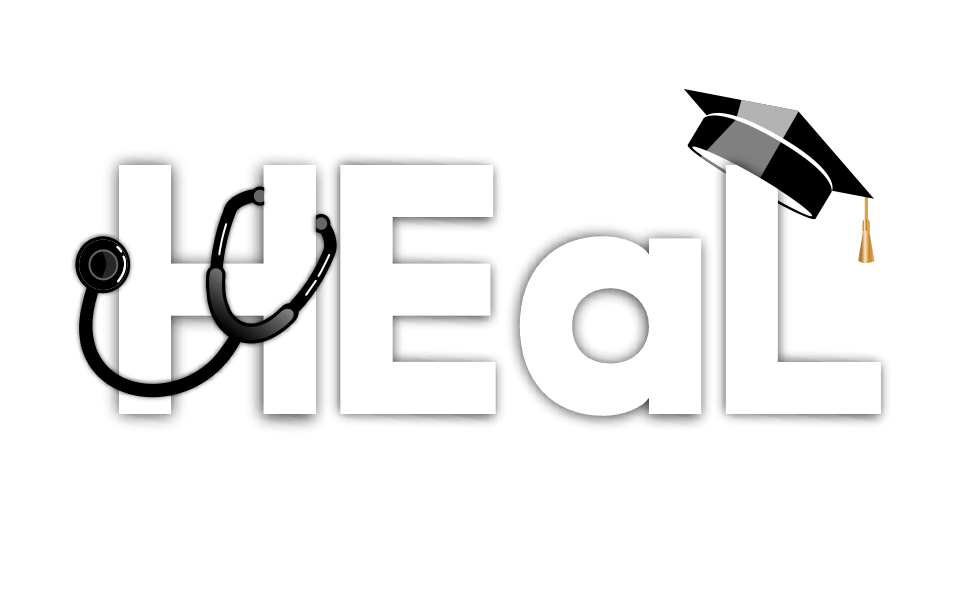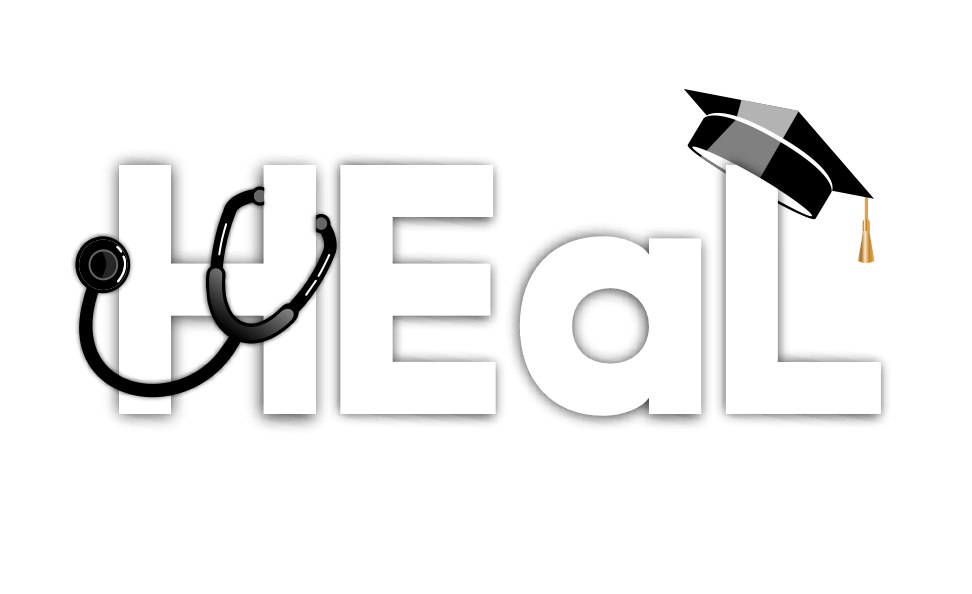Do you know the top 4 trends in the education sector that will be worth watching in 2023?
The education sector continues to experience transformative changes driven by technological advancements, evolving pedagogical approaches, and shifting societal needs. Educators, policymakers, and industry professionals are excitedly anticipating the unveiling of the top trends that will shape the education landscape in the year ahead with the upcoming education conferences 2023.
As technology advances and the Fourth Industrial Revolution takes shape, both society and the professional landscape undergo significant transformations. These changes have had a profound influence on the field of education, giving rise to several noteworthy trends that demand attention in education conferences 2023. In order to effectively connect with their students, educators must stay updated on these emerging developments and the crucial factors that impact the learning process within the classroom. By keeping a pulse on these trends, educators can proactively design more impactful learning environments for their students.
Here are the top five most important education conferences 2023 trends that you should know. Let’s have a look:
1. Tech Trends In Teaching And Learning: Gamification, AI & More
- Gamification
Over the past two decades, technology has played a crucial role in society and has naturally been incorporated into the education sector, and in 2023, it will be more innovative than ever. The advent of remote and online learning has heralded a monumental triumph by breaking down the physical barriers that once limited access to education for a significant portion of the global population. This transformative shift has empowered individuals from all corners of the world to engage in learning opportunities, transcending the limitations imposed by geographical distances and physical constraints that were prevalent in the past.
Thankfully, the rise of online classrooms, the integration of technology into instruction, and the incorporation of gamification present numerous advantageous prospects for educators and educational institutions. The emergence of artificial intelligence (AI), Big Data, cloud technology, the Internet of Things (IoT), mobile learning, and virtual reality (VR) brings with it the potential to enhance the gamified learning experience, offering a wealth of opportunities for instructors and their institutions.
According to the latest research, gamification creates dopamine in your brain, which makes learning more enjoyable, rewarding, and pleasurable. Students become more engaged with the lesson and more likely to want to participate in the future through points, rewards, and leaderboards.
Incorporating gamification in education enhances the likelihood of students applying educational concepts in practical scenarios by stimulating their imagination and problem-solving skills. By adopting gamified approaches, teachers take on the role of coaches, providing comprehensive introductions to real-world applications of the subject matter, thereby fostering deeper understanding and engagement among students.
- Artificial Intelligence
With the introduction of ChatGPT, an advanced AI tool developed by OpenAI, balanced to revolutionize the education industry, Artificial Intelligence (AI) is set to make a significant impact this year. The emergence of AI tools and technologies presents many opportunities, including efficient paper grading, personalized lesson delivery, and enhanced information retrieval capabilities for students. These AI-powered advancements promise to streamline educational processes, optimize learning experiences, and redefine how knowledge is accessed and shared.
2. Soft Skills Training: Entrepreneurship, Public Speaking & Leadership Skills
According to the latest research, some of the most important skills in the workplace include problem-solving, critical thinking, people management, and creativity. To meet employers’ expectations, emerging professionals must be able to make tough decisions and demonstrate effective leadership qualities.
Recognizing the importance of equipping students with these skills, educational institutions must prioritize providing adequate training and support to foster the growth and development of students in these areas, thereby preparing them for their future careers.
3. Decreasing Attention Spans: The Nano Learning Trend
In a world filled with a continuous flow of games, movies, news stories, videos, and other forms of media, maintaining focus on a single task for an extended period has become challenging. However, the rise of Nano learning offers a solution to this predicament. Nano-learning has gained popularity due to its ability to break down complex topics into bite-sized pieces that are easier to comprehend.
Students can grasp the subject matter more effectively by presenting information in smaller, more manageable portions. This approach prevents the overwhelming and discouraging feeling that often arises from consuming a large amount of advanced information all at once.
This change in focus trends significantly influences how educators adapt their teaching methods and captivate students’ interest in the subject matter. Instructors must discover innovative approaches to structure their classes in a manner that captures their students’ attention, especially considering that a considerable number of them belong to the Millennial generation. They need to modify the delivery method and pace of their courses accordingly. In this process, it becomes crucial for teachers to prioritize the integration of a compelling narrative, visually appealing content, and principles of nano-learning into their course design.
4. Facilitating Learning Versus Teaching
The growing technology has also changed how teachers relate to their students and their classrooms. Today, students have the tools to uncover a tremendous amount of facts and knowledge independently with a wealth of information at their fingerprints.
Amidst this evolving educational landscape, students are increasingly seeking a departure from traditional top-down teaching approaches. Rather than being mere purveyors of knowledge, teachers have transitioned into facilitators, guiding students on the path to self-discovery and a genuine passion for learning. Their role has shifted gradually to assisting students in acquiring essential learning skills, fostering an appreciation for acquiring knowledge, and empowering them to navigate and comprehend the information they encounter effectively.
This paradigm shift can pose certain challenges for educators as they are required to enhance their own soft skills in areas such as leadership and problem-solving. Teachers must acquire the ability to cultivate meaningful dialogues and establish an inclusive atmosphere that places a high premium on collaboration and teamwork.
5. Life-Long Learning Trend
The transformative power of each industrial revolution has profoundly impacted the nature of work and employment. As we find ourselves amidst the Fourth Industrial Revolution, the extent of technological advancements is expected to reshape nearly 50 percent of job roles. This rapid progress necessitates professionals to recognize the need for continuous re-skilling in order to stay relevant in their respective fields. Merely relying on the education attained during the early stages of one’s career will no longer be sufficient to meet the demands of the ever-evolving work landscape throughout their entire professional journey.
The Bottom Line:
As technology continues to reshape society, its profound influence extends to professional careers and educational preparation. Institutions that proactively adapt to these evolving trends are on edge for growth and success. It is crucial to reflect upon the implications of these trends on education and the implications they hold for higher learning institutions as they forge ahead into the future.
To know more about the latest trends in the education field, join us at education conferences 2023 USA.






